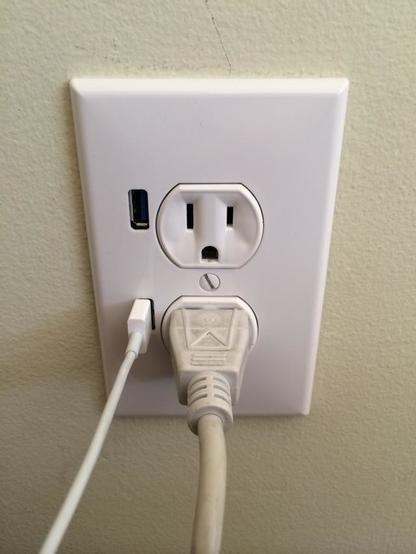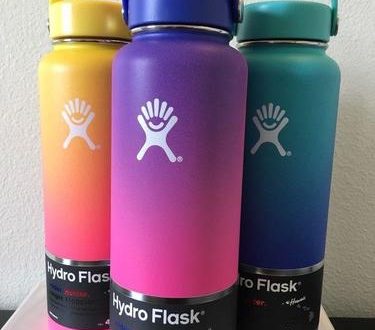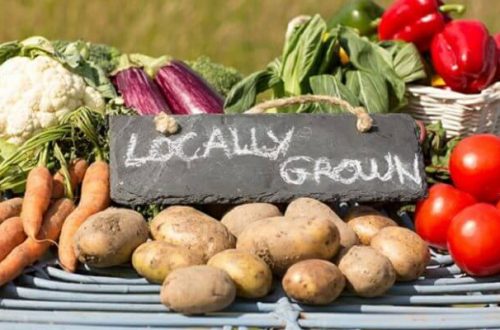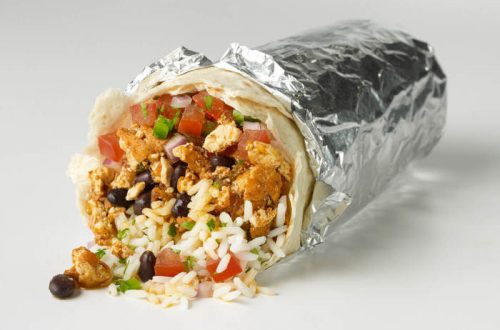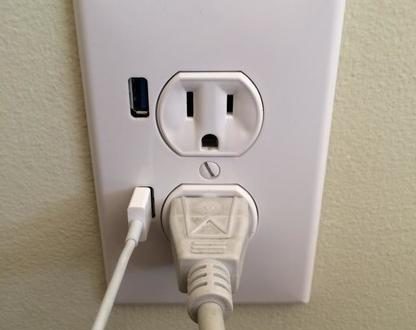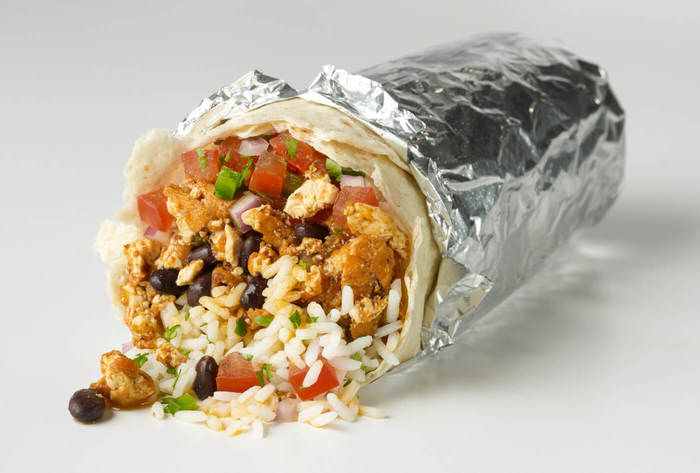-
How to Save More Energy!
One of the most effective ways you can reduce your carbon footprint is by conserving energy. While it may be common knowledge to people that you should always have lights turned off in rooms you aren’t currently in, it actually goes farther than that. Leaving your electrical items turned on/plugged in when you are not using them uses up energy for absolutely no reason at all. For instance, after you finish charging your phone, it is likely that you leave your charger plugged into the socket. Well, despite your phone not being plugged in, the charger is still sucking up a bunch of energy. This goes for any other kind…
-
Eat Local!
Buying local food is a growing movement that has many environmental benefits. One of the most important benefits of buying local food is that it reduces your food miles. When you buy produce or meat from a grocery store, it is more than likely that these products have traveled over 1000 miles to get to you. That’s a lot of CO2 missions. Luckily, buying local greatly diminishes this footprint. Upon doing research for one of my classes, I stumbled upon a website called EatWild. Basically, it is a huge database for you to find locally grown produce and meats in your area. It gives you lists of farms including their…
-
Environmentally-Friendly Fast Food?
As I mentioned in one of my earlier posts, eating less meat is one of the best things we can do for the overall well-being of the planet. One might think that going vegan or vegetarian means you have to sacrifice the enjoyment of eating fast food from time to time. Luckily, however, as trends for veganism and vegetarianism continue to rise, fast food corporations have begun to participate as well. I used to think that I wouldn’t be able to enjoy fast food if there wasn’t any meat involved. It turns out that is simply not the case! One day, I started ordering my Qdoba or Chipotle burritos without…
